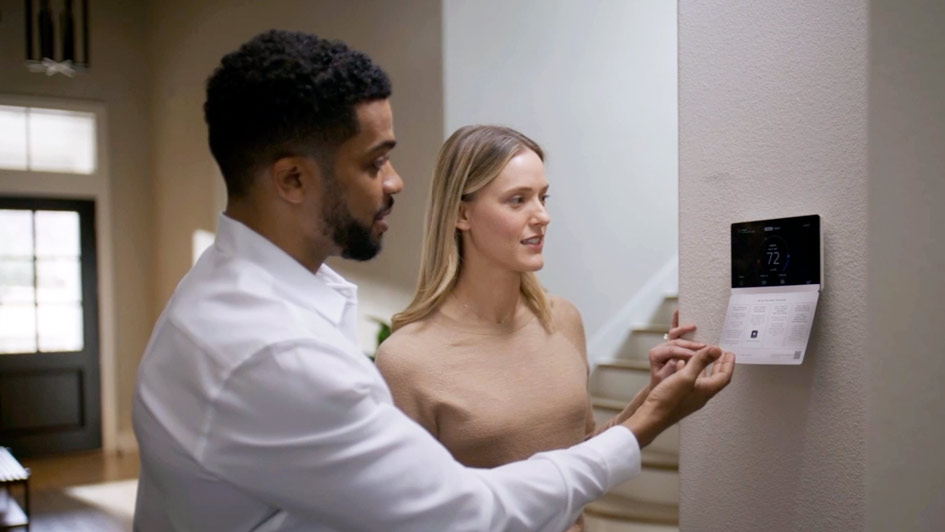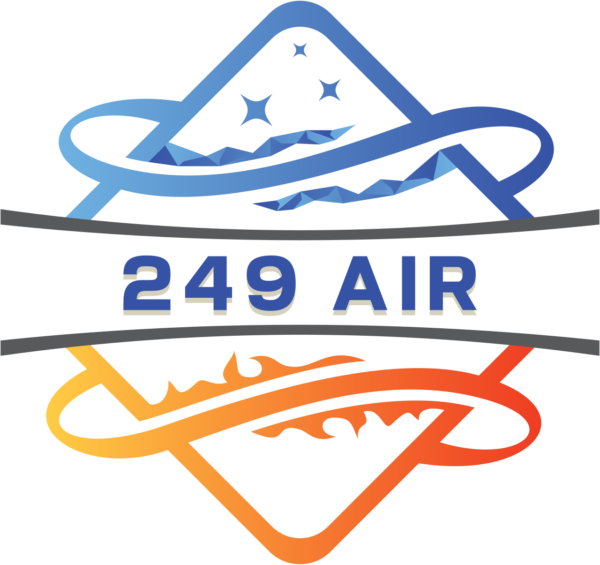
Completing the search for your first home is exciting. You’re probably juggling a dozen things or more about making the right choice. We believe that gaining insight into your potential new HVAC system is vital. The property’s HVAC system represents a significant investment and potential source of long-term costs, so being thorough helps all first-time homebuyers.
In this guide, we’ll outline seven tips for discovering all there is to know about a home’s heating and cooling setup. And if you want a more in-depth opinion from the experts, feel free to call 249 Air. Our staff can weigh in on your options with industry insights that are second to none.
1. What HVAC System Are You Working With?
Start by identifying what type of HVAC system the home includes. Furnaces tend to last longer than air conditioners, and some of the latest types of HVAC products like heat pumps boast average life spans longer than ever. Getting the details on the make and specific model ensures you have a clear understanding of how much it might cost in upkeep over time.
2. What Is the Current System’s Age?
It’s just as smart to learn how old the HVAC system is when you're looking at a new home. On average, HVAC systems tend to run for about 10-12 years. Knowing when it was installed helps you anticipate future maintenance needs or when it might break down. Older systems may be more vulnerable to problems, so planning ahead of time for a replacement unit could be necessary sooner than you thought.
3. What Does the Warranty Cover?
Be sure to check the HVAC system is still under warranty. If it is, that's great news because it can lower maintenance costs. HVAC warranties should take care of parts and labor, but it's important to note that details will vary. Make sure you go over any terms you don’t recognize to make sure you fully understand your coverage and any possible out-of-pocket costs.
4. Has the System Ever Been Professionally Serviced or Maintained?
Take a close look at the maintenance history of the HVAC system, if such information is available. This service history can demonstrate if there have been regular problems or how much upkeep was provided. Ask about records for key tasks such as changing the air filter, which means it enjoyed more regularly scheduled tune-ups.
5. Are You Aware of the System’s Energy Efficiency Ratings?
Selecting a system with great energy efficiency means smaller utility bills and a smaller environmental impact. Locate the seasonal energy efficiency ratio (SEER) ratings for air conditioning as well as the annual fuel utilization efficiency (AFUE) for furnaces. The higher the SEER rating, the more efficient the cooling over the whole season, while higher AFUE ratings indicate that the fuel is more effectively burned for useable heat.
6. Did You See Any Problems During Your Inspection?
Even without the know-how of an HVAC technician, you should still check out the HVAC system yourself. Keep an eye out for signs of problems that haven't been mentioned by the seller. This can mean bizarre noises, stubborn patches of the house that are too hot or cold and attempts to hide any serious damage.
7. Is an Experienced HVAC Technician Available to Help?
If you're not quite sure about the current state of the HVAC system, it's never a bad idea to get input from trained HVAC technicians. They are skilled at identifying things you might miss, including refrigerant leaks, bad electrical connections or flawed ductwork.
A Consultation with 249 Air Simplifies Your Home-Buying Journey
Choosing your first home ought to be exciting, and 249 Air will do everything possible to ensure yours is too. Reach out with us at 832-263-1969. We can talk about how our HVAC services give you peace of mind, giving you what you need to dive into home-ownership with confidence.
